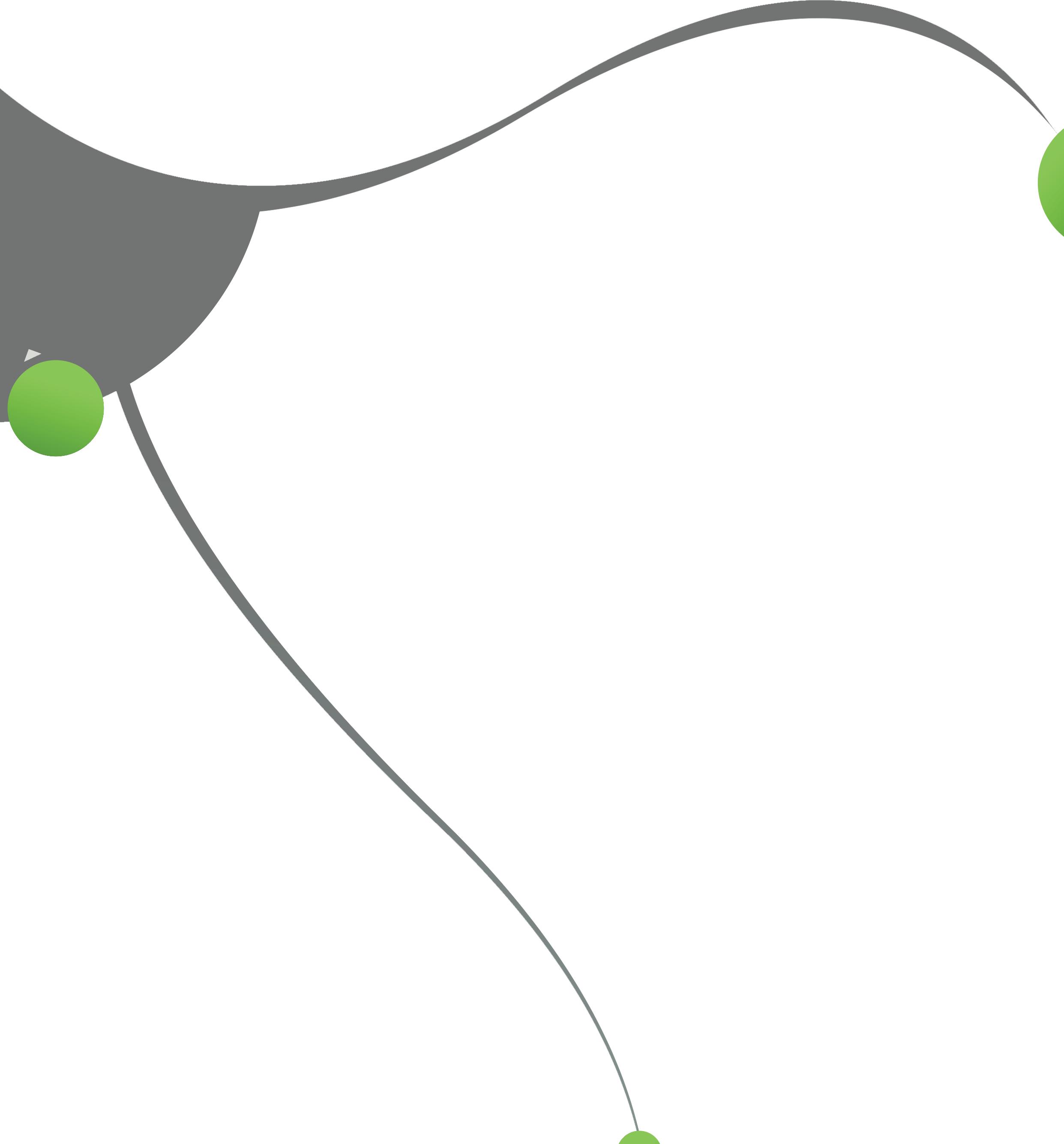
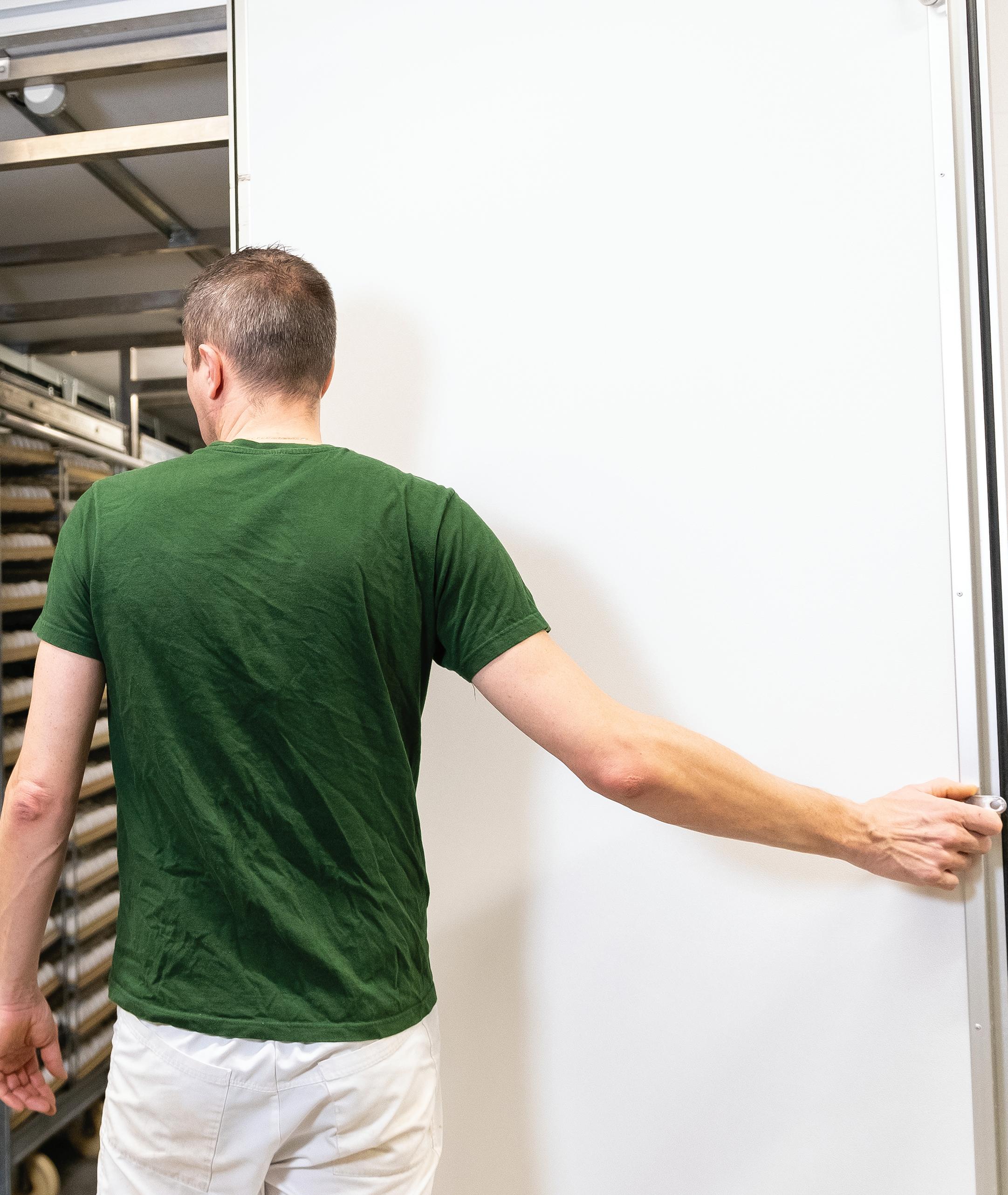

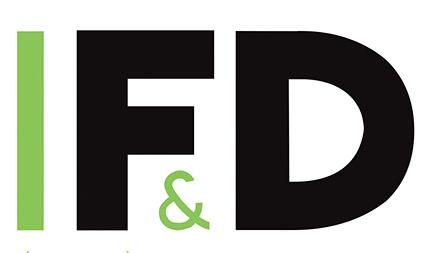
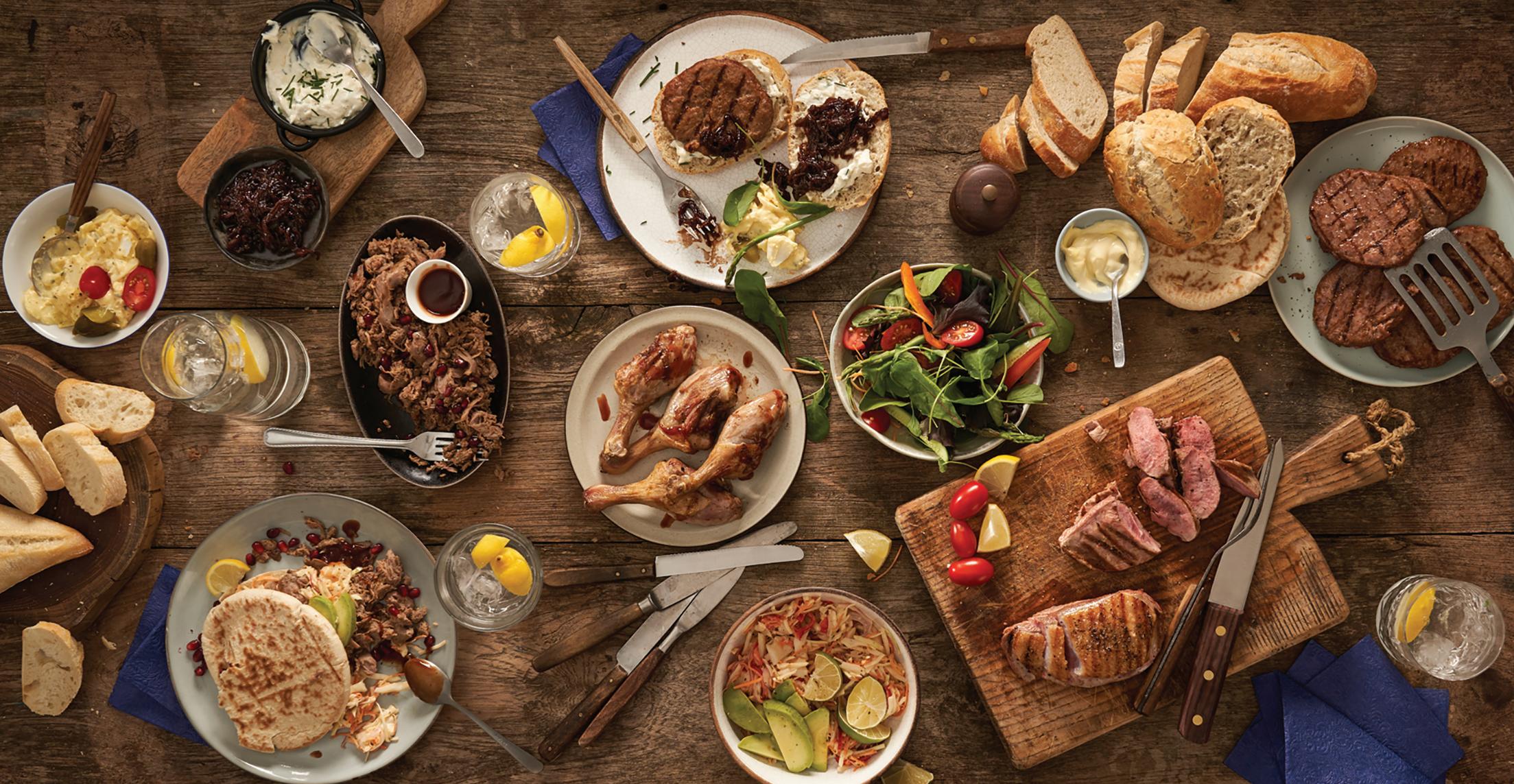
Taking a fully integrated approach from hatchery to delivery, BR-Tomassen is a connoisseur of everything duck. COO & Deputy Managing Director for Europe Jeroen IJzerman explained why this approach to meat farming is important. Report by Imogen Ward.
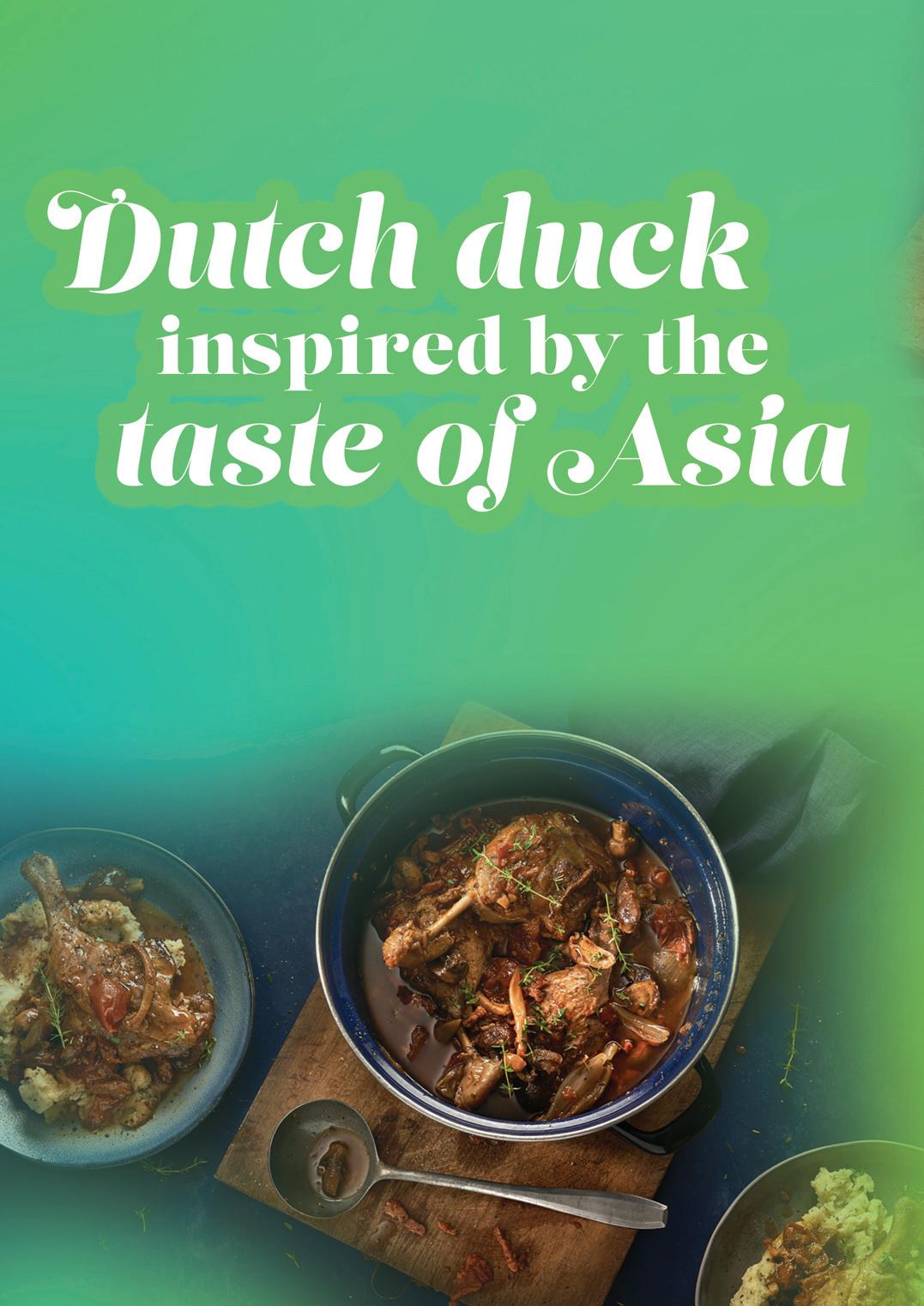
IN1964, Mr A Tomassen senior established his own business, driven by the fact that after the Zuiderzee in the Netherlands was reclaimed for agriculture, fishermen changed to becoming duck-farmers. Mr Tomassen senior included duck slaughtering in his business. Today, those farming roots live on in the company’s ethos.
“Here at BR-Tomassen, we work as if we are a multinational stock exchange company, with the mentality of a farmer,” COO & Deputy Managing Director for Europe Jeroen IJzerman said. “We believe that a farmer’s mentality is very important to have, going above and beyond to ensure the quality of our meat.”
In 2007, Tomassen added BR to its name after it merged with Bangkok Ranch (a leading international duck meat supplier based in Thailand). This was initiated by Gertjan Tomassen who took over the
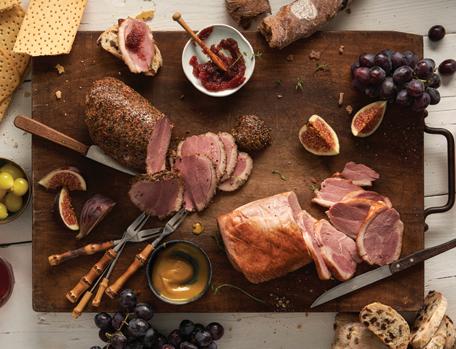

business from his father. The combination worked perfectly for Tomassen, who specialise in Asian-based cuisine.
The company strongly believes in developing meaningful relationships –a value that is perfectly integrated in BR. As a result of this shared philosophy, Tomassen successfully developed a number of long-standing relationships with suppliers.
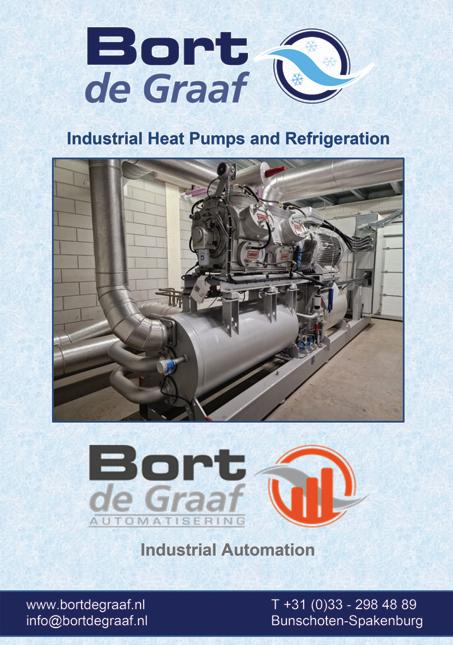
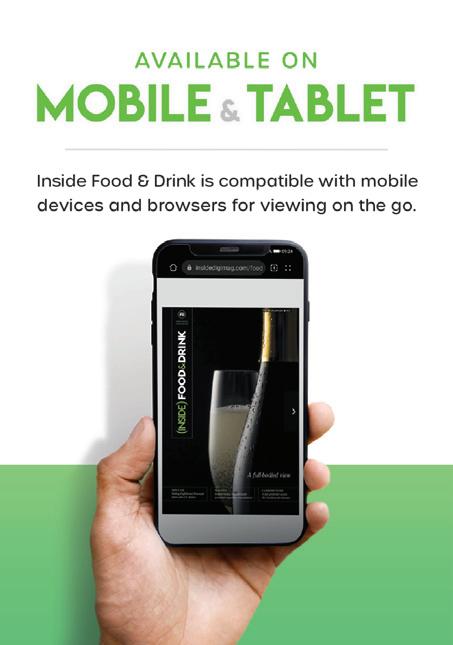
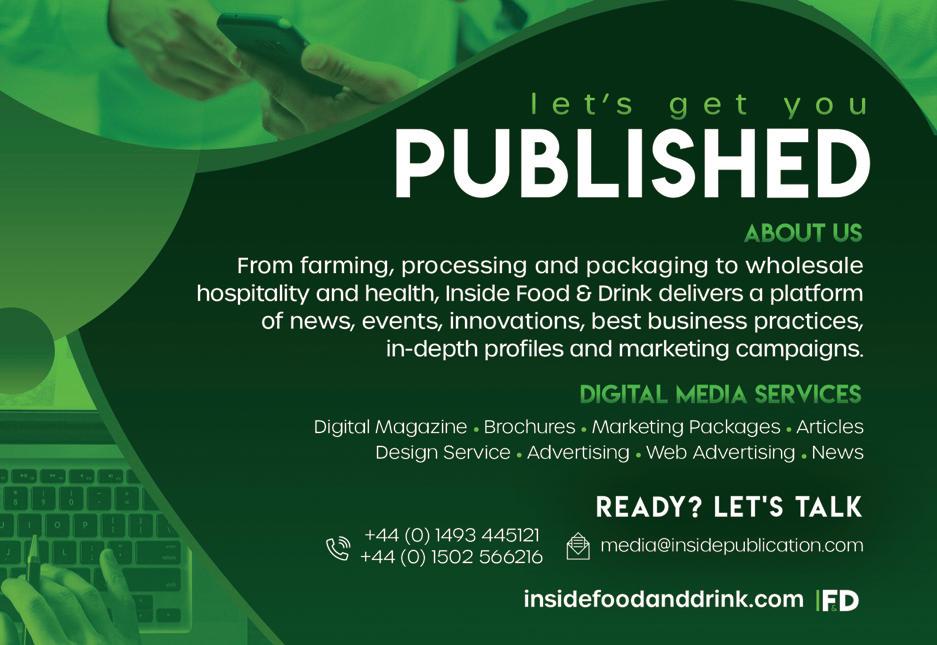
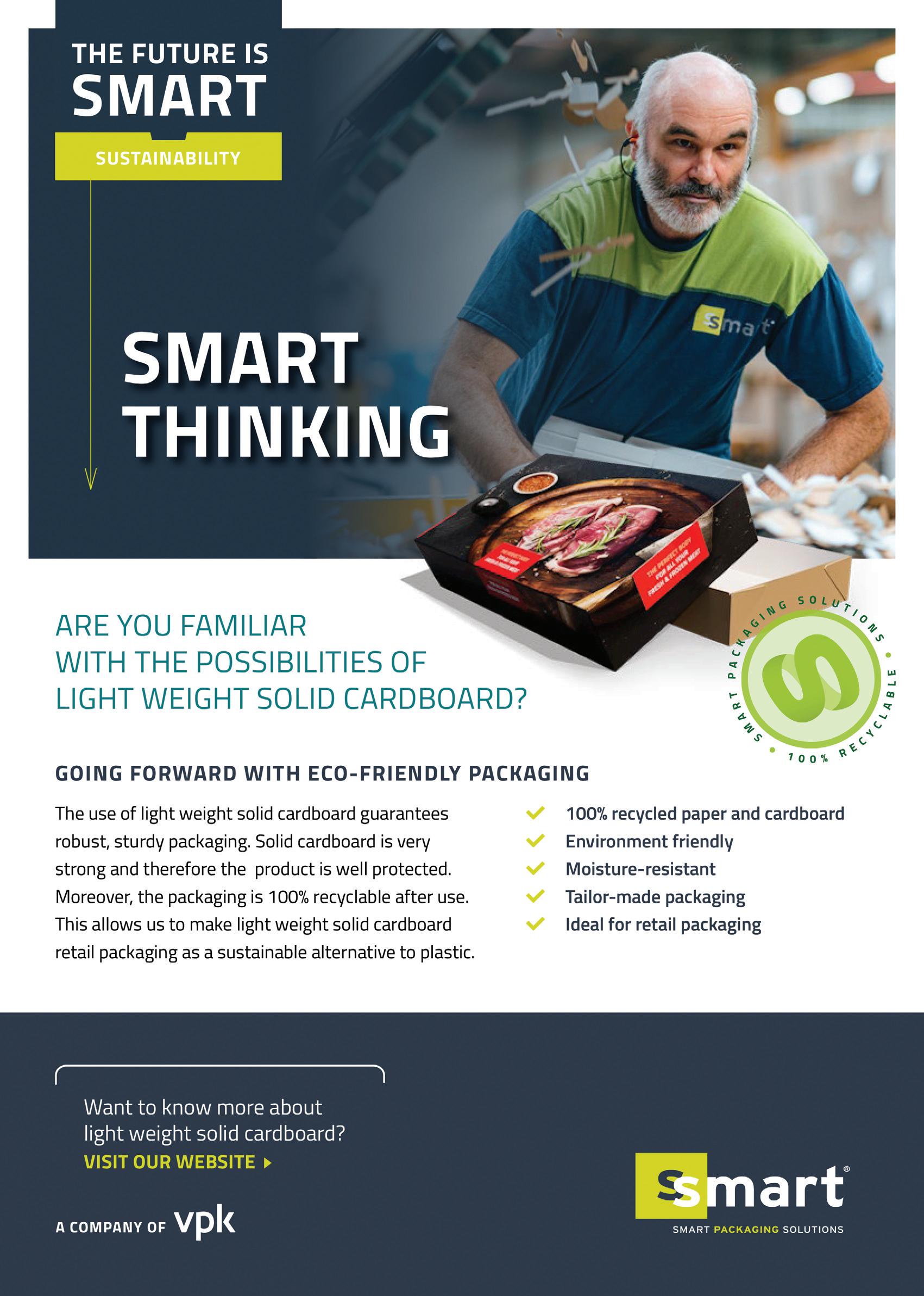
“We do a lot of work with local suppliers – that element is really important to us,” said Mr IJzerman. “Sometimes that means we pay a little more, but that price tag comes with a personalised service. If any problems occur, we have a great line of communication, and they go out of their way to help us.
“When it comes to our customers, we always look at the bigger picture, and those positive supplier relationships ensure our consumers receive the very best. We believe in maintaining a strong family structure, and our suppliers are a big part of that.
“Our staff are a part of our family too. We work hard to create a positive environment for all employees and believe in continuous improvement. People will
make mistakes, but if they put their best foot forward, those mistakes will stay in the past. We are committed to helping staff on that journey; it’s part of why I love my job so much.”
Duck-To Farm
To ensure the high quality of its duck meat, Tomassen considers every aspect of the poultry’s lifecycle. At the company’s hatchery, Duck-To Farm, duck eggs are incubated using autonomous incubators and turned regularly to ensure healthy hatching within one month. These ducklings are then placed under the care of contract farmers who raise them on the company’s own special recipe of duck feed. This unique formula ensures the meat is high in quality, low in fat and excellent in taste.
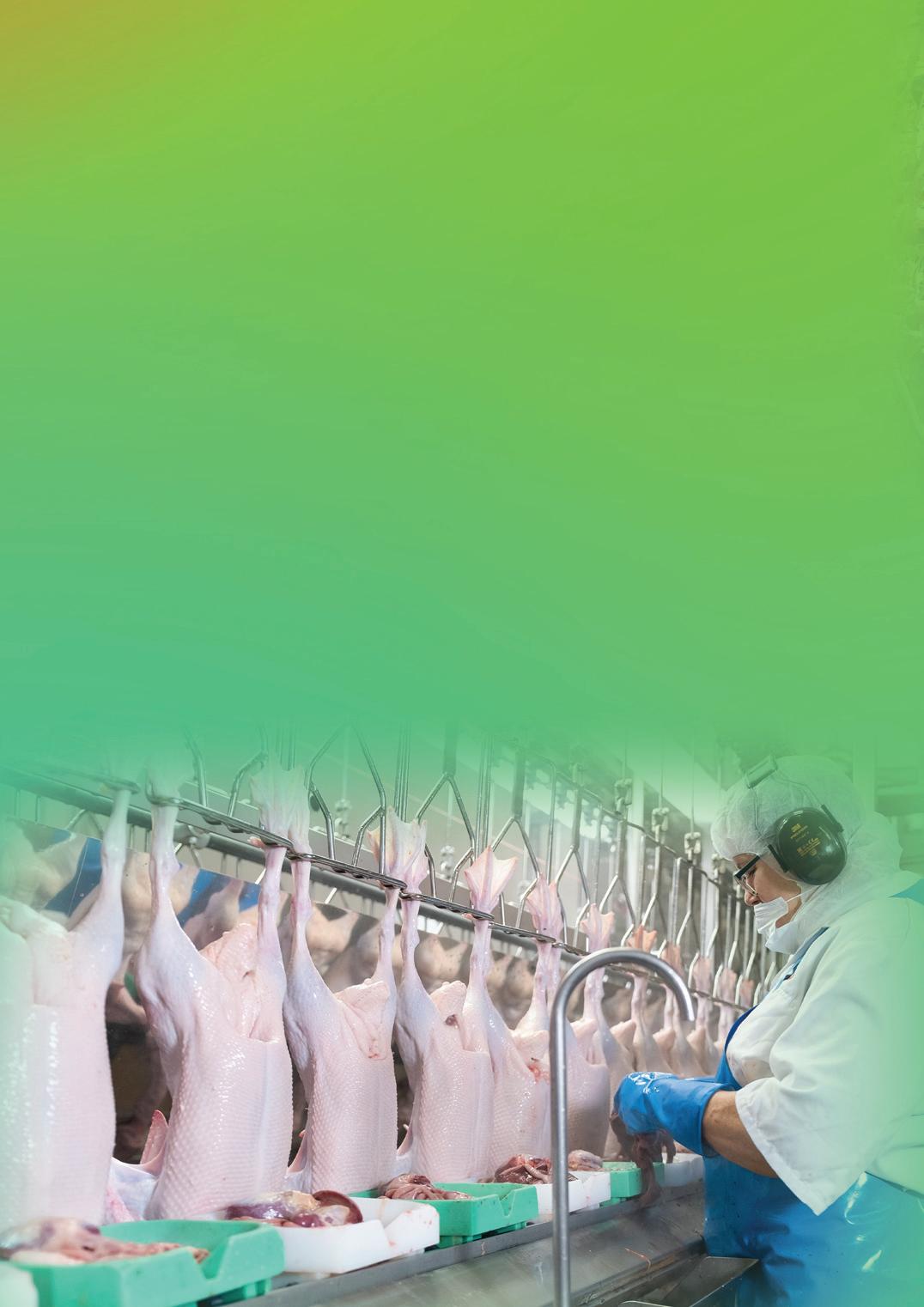
“99% of our business is meat,” said Mr IJzerman. “So, it is incredibly important to understand where that meat comes from. Other companies outsource, and when that happens the knowledge of quality starts to decrease. We are in charge of everything, so we know our products are good.”
As part of the company’s responsibility to quality, it also has a delivery fleet and a number of slaughterhouses. This cradleto-grave approach mitigates risk at every step of production.
Tomassen’s commitment to caring also covers its own environmental impact. Keen to protect the planet, the company has a total of 13,000 solar panels located across its varied facilities, even breaking records at its hatchery in the Netherlands.

“Our carbon footprint has always been important to us,” Mr IJzerman said. “In 2016, we constructed the largest rooftop solar park in the Netherlands. Located at our hatchery, the park consists of 8,000 panels. We also have a further 5,000
panels at our slaughterhouse, which generate enough energy to feed back into the local electricity grid.”
The company is always looking to further this commitment and considers its carbon footprint with every investment; most recently this involved the company’s fleet of trucks.
“We are always taking active steps to improve our footprint,” Mr IJzerman said. “We are currently progressing towards a fully electric fleet and expect all 20 of our trucks to be replaced with an electric alternative in the next eight years.”
Duck-To Convenience
Already answering the consumers’ call for convenience, through its brands Lucky Duck, Dalee and Canature, Tomassen offers high-quality meat products which include Peking duck: whole roasted, off-the-bone and shredded.
Dedicated to the ready meals sector, Lucky Duck (now known as Duck-To Convenience) offers the highest quality
meat, perfect for quick and easy cooking. Specialising in Asian Cuisine, Duck-To Convenience also has other meat on offer, from pork spare ribs to Cheung Pao chicken.
Having previously expanded its reach within the convenience sector, Tomassen is responding to market trends and taking further steps into the market.

“In the past, our most popular product would have been the whole duck,” Mr IJzerman explained. “However, the next generation of consumers don’t have time to prep; it’s too much work. So, the convenience sector is becoming increasingly prominent.
“Going forward, I definitely believe this is an area that BR-Tomassen will focus on more. It’s a growing trend in the industry, and over the next five years, we really want to play a bigger part in that.”

New-To Tomassen
The convenience sector is not the only place that Tomassen is branching into. With the release of its Vegan roast duck and pet food products, the company has successfully diversified into two other new markets. On top of this, Tomassen is marketing a new aromatic duck to the UK and expects it to be available for purchase this year.
“We are always open to collaboration, especially where new products are concerned,” Mr IJzerman said. “Our integration into the BR Group has provided plenty of opportunities to work with a larger company and learn from their experience. We market Asian food, so to have their knowledge and understanding of the culture and the cuisine is fundamental.”
Despite experiencing challenges over the past few years, Tomassen maintains an
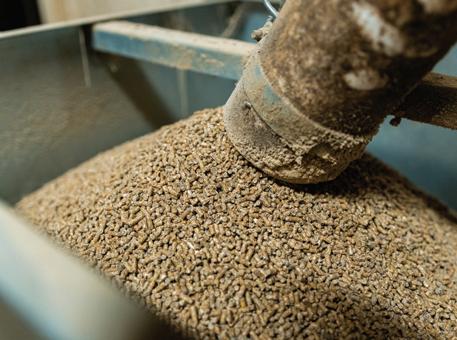

optimistic outlook. “During the pandemic, business went quiet,” said Mr IJzerman. “Previously, we sold to a lot of restaurants in Asia, and they all had to close once Corona hit.
“Regardless, we quickly adapted, and now we are back with so many new opportunities,” he concluded. “We can’t wait to see what the future holds.” n

